News
-
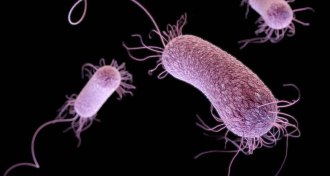 Chemistry
ChemistryA new antibiotic uses sneaky tactics to kill drug-resistant superbugs
Scientists have developed a molecule that kills off bacteria that are resistant to existing antibiotics.
-
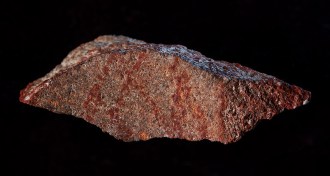 Archaeology
ArchaeologyThis South African cave stone may bear the world’s oldest drawing
The Stone Age line design could have held special meaning for its makers, a new study finds.
By Bruce Bower -
 Materials Science
Materials ScienceHere’s how graphene could make future electronics superfast
Graphene-based electronics that operate at terahertz frequencies would be much speedier successors to today’s silicon-based devices.
-
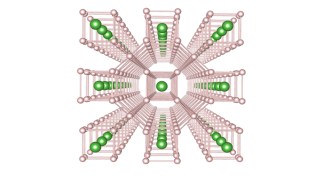 Physics
PhysicsA new hydrogen-rich compound may be a record-breaking superconductor
The record for the highest-temperature superconductor may be toast.
-
 Science & Society
Science & SocietyBefore it burned, Brazil’s National Museum gave much to science
When Brazil’s National Museum went up in flames, so did the hard work of the researchers who work there.
-
 Oceans
OceansA massive net is being deployed to pick up plastic in the Pacific
As the Ocean Cleanup project embarks, critics remain unconvinced that scooping up debris is the best way to solve the ocean’s plastic problem.
-
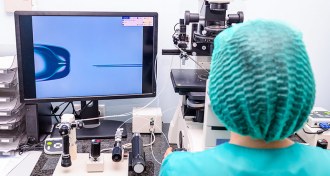 Health & Medicine
Health & MedicineTeens born from assisted pregnancies may have higher blood pressure
Kids born from reproductive technologies such as in vitro fertilization are susceptible to high blood pressure as adolescents, a small study finds.
-
 Psychology
PsychologyHuge ‘word gap’ holding back low-income children may not exist after all
The claim that poor children hear fewer words than kids from higher-income families faces a challenge.
By Bruce Bower -
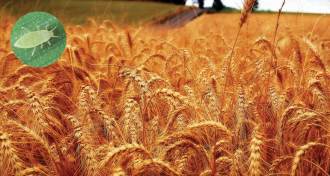 Climate
ClimateAs temperatures rise, so do insects’ appetites for corn, rice and wheat
Hotter, hungrier pests likely to do 10 percent to 25 percent more damage to grains for each warmer degree.
By Susan Milius -
 Physics
PhysicsThe strength of gravity has been measured to new precision
Researchers have measured Newton’s gravitational constant, known as Big G, with the greatest precision yet.
-
 Particle Physics
Particle PhysicsElectrons surf protons’ waves in a new kind of particle accelerator
For the first time, scientists accelerated electrons using plasma waves from proton beams.
-
 Earth
EarthArtificial intelligence could improve predictions for where quake aftershocks will hit
Scientists trained an artificial intelligence system to figure out where aftershocks are likely to occur.